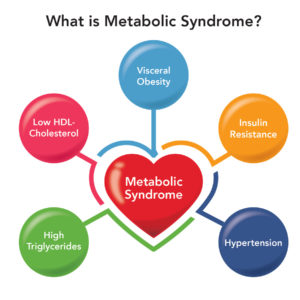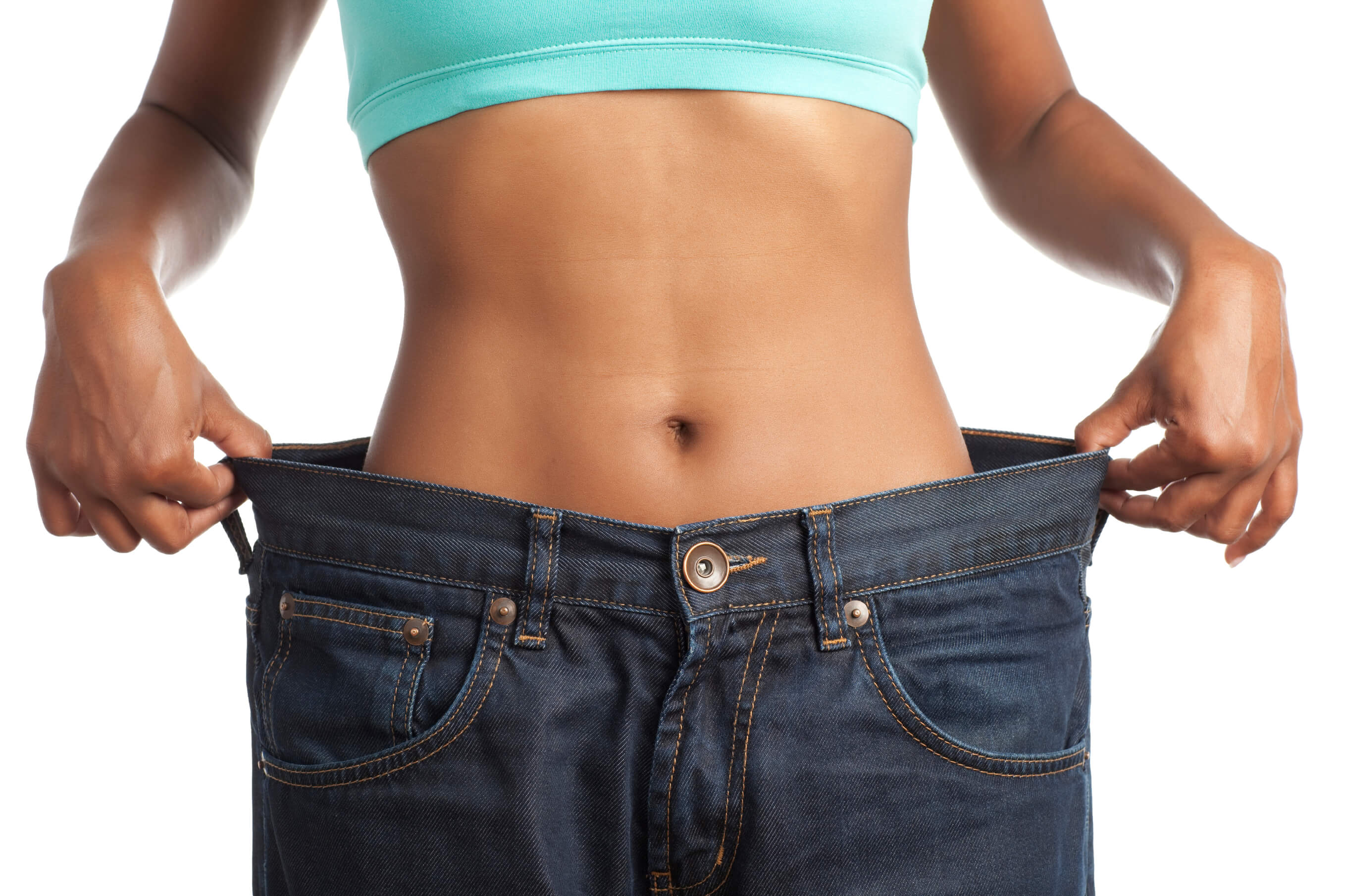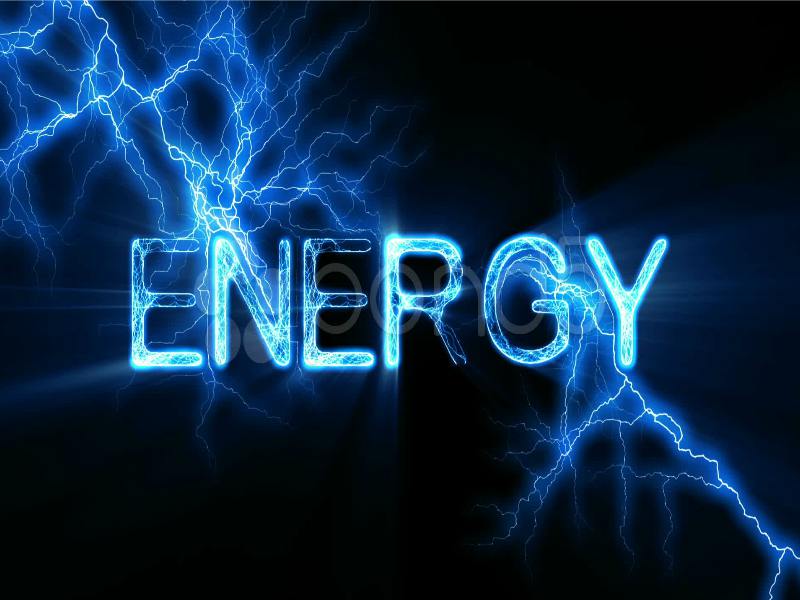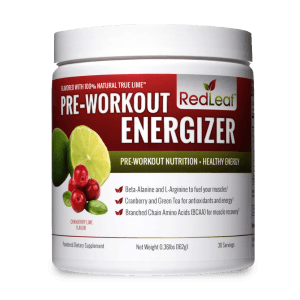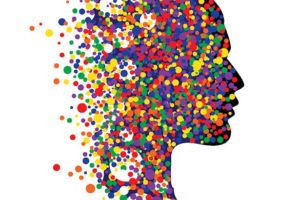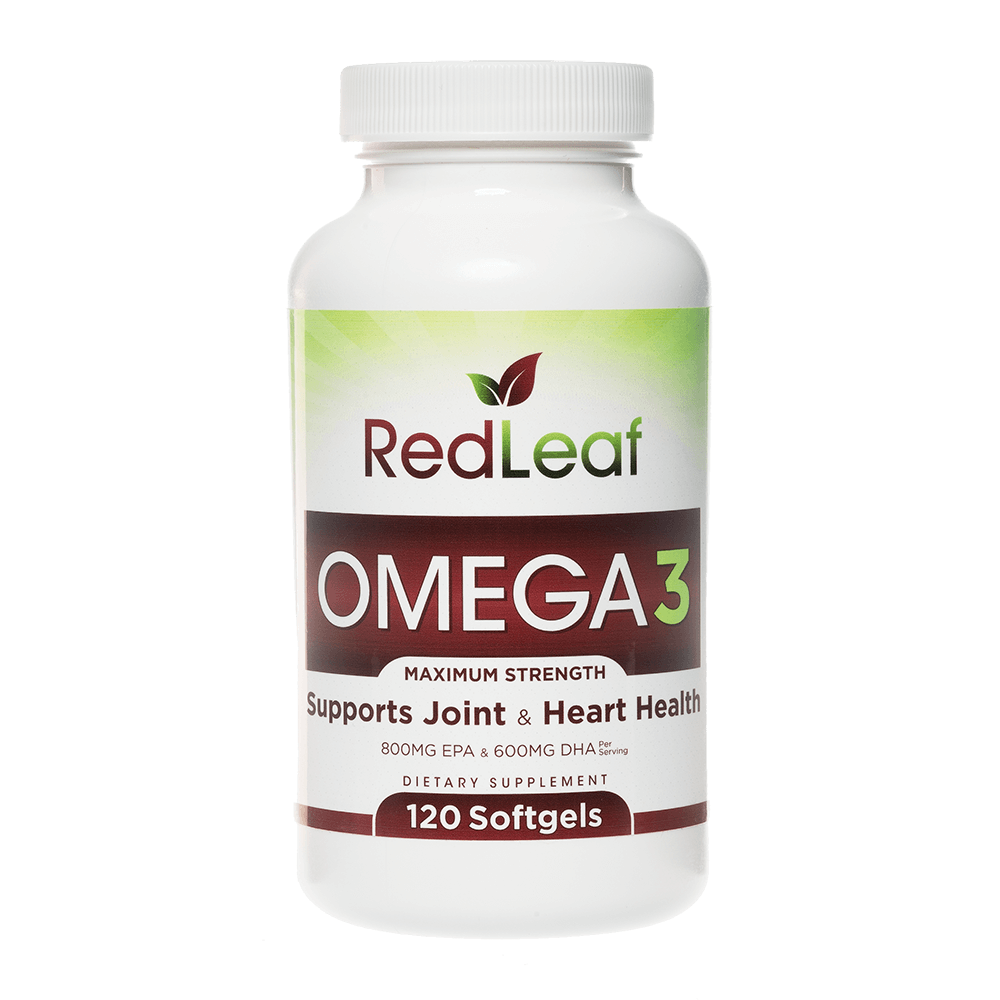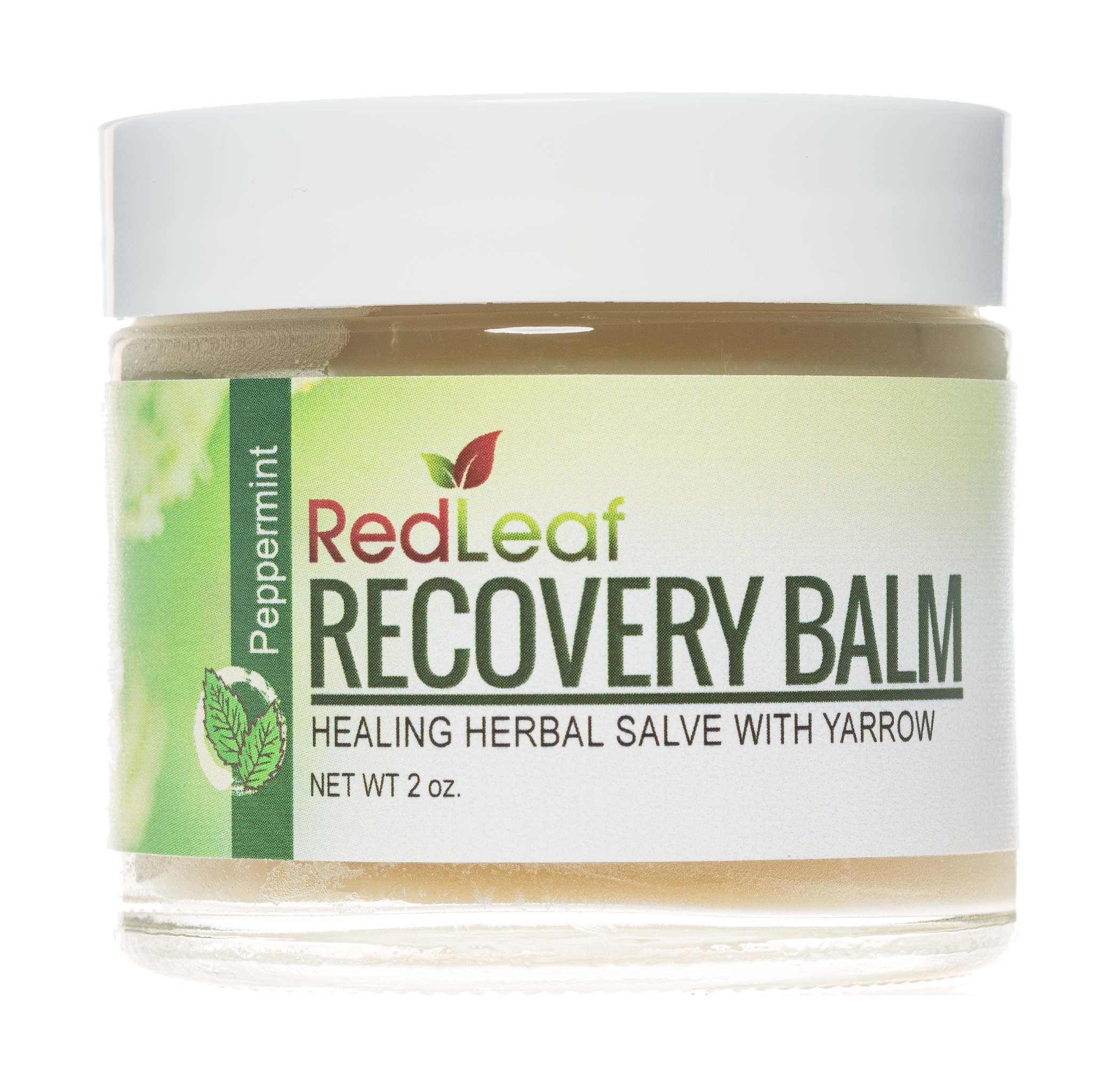Why do you workout? Or maybe a better question is do you workout?
If you do, what motivates you to get in the gym? Are you focused on aesthetics, general health, performance, or all three?
If you don’t, what’s stopping you? I know what you’re going to say…it’s hard, tiring, you’re busy, you hate to sweat, you don’t enjoy it, you aren’t athletic, you don’t care about your health…oops was that last one too much?
Listen, y’all. We all have different reasons for why we do or don’t workout. Many of them are valid, a lot of them are questionable, and plenty are just plain old excuses.
There is no shortage of literature out there on why exercise is important and why EVERYONE should be doing it regularly. If I were to list every benefit of regular exercise, this blog would not end. That’s how important it is. But for the sake of today, we are just going to talk about five of the most important benefits of working out.
1. Physical
This one is obvious, but there’s no article discussing the benefits of exercise without diving into the physical improvements you will see from working out. Let’s talk about three.
A. Exercise Combats Metabolic Syndrome
If you need proof of this, go read some of the transformation stories on the CrossFit Journal.
First, let’s define what metabolic syndrome is? According to Mayo Clinic, “metabolic syndrome is a cluster of conditions — increased blood pressure, high blood sugar, excess body fat around the waist, and abnormal cholesterol or triglyceride levels — that occur together, increasing your risk of heart disease, stroke and diabetes.”
Now, if you have high blood pressure, that does not mean that you have metabolic syndrome. However, it can lead to the development of more serious diseases long-term that.
Physical exercise, and in particular vigorous exercise, combats these symptoms in a number of ways.
Take the heart- exercise increases blood flow through the heart to the rest of the body. With increased levels of oxygen in the blood, the heart doesn’t have to work as hard to get oxygen to the rest of your muscles aka it’s able to work more efficiently. Increased exercise = improved heart efficiency = lower heart rate = lower blood pressure = decreased risk of heart disease. See how simple that is? And all those benefits are YOURS for the taking if you exercise regularly.
Another way exercise combats metabolic syndrome is, obviously, through weight loss. Now keep in mind, all forms of exercise are not created equal- especially when it comes to losing weight. For example, how many of you know people who walk 3-5 miles every day (what we would call light to moderate activity) and are still overweight? The odds are high that you all have someone in mind.
While there is a time and place for light activity, if your goal is to lose weight, you need to be performing moderate to vigorous activity at least 3-5 days per week. Studies show that overweight patients with metabolic syndrome show improved insulin, triglyceride, and cholesterol levels from losing at least 5-7% body fat.
Those percentages may seem small, but they aren’t. It takes a lot of hard work to drop 5% body fat. That’s why a combination of vigorous aerobic, anaerobic, and resistance training is necessary to build muscle, burn fat, and ultimately change your body composition. (Eating a healthy diet is also vital to losing fat and gaining muscle, but for the sake of this article, we are just talking about the exercise component.)
B. Exercise Strengthens Your Bones
In the same way that lifting weights can help you build muscle, weight-bearing activity helps to grow and strengthen your bones. Bones are living tissues and when force is applied to them during exercise, they respond by building new bone tissue to prepare for future activity.
Our bones grow the most during our teens and then reach their peak density during our twenties. From that point on, our bones begin to slowly lose mass until we reach our mid-fifties to sixties where bone loss happens quite rapidly. That’s why it is SO important to stay active in adulthood. Workout hard three to five times a week and your bones will reward your efforts.
C. Exercise Makes You Look HOT!

But another fact is that regardless of what your image of beauty is, exercise will help you look and feel better about yourself.
As you start to lose fat and gain muscle, your figure will change and you can be proud of yourself knowing that YOU did that!
When it comes to aesthetics, the benefits of improved appearance are 100% about how YOU feel about yourself. Exercise helps you feel more confident in your own skin. It challenges you to push past excuses that are holding you back and when you do and you’re able to physically see your success in the mirror, there is no better self-esteem booster in the world.
2. Energy
How are your energy levels throughout the day? Do you wake up tired? Do you struggle to fall asleep at night? Do you crash during the afternoon? If you answered yes to those questions, my next question is this: are you working out?
Regular exercise actually improves our energy levels over time. This may seem counterintuitive given that exercise is generally somewhat exhausting depending on the intensity at which you workout. When we exercise, we actually break down our muscles and fatigue our central nervous system. However, when our bodies recover from a workout, they rebuild what was “lost” and then add a little more back in the tank to help us prepare for future physical stressors. So we recover stronger than we were before.
The same is true for your energy levels. Exercise improves blood flow to the muscles, resulting in greater oxygen absorption, and ultimately improved ATP production (also known as energy). Now apply that to the brain, the heart, and all the body’s muscles and organs and the net result is improved total energy output.
Ask anyone you know who works out regularly and they will tell you that their energy levels continue to improve with consistent exercise. The only caveat to this is in the case of overtraining, which is another blog post entirely. Overtraining can severely exhaust the body and result in acute fatigue that is treated with a little good ol’ fashioned R&R.
For the majority of the population, overtraining is not an issue. In fact, undertraining is more of the problem child in our society. Especially if you struggle with low energy, give exercise a try. Start small with a low intensity aerobic activity like walking or jogging and then as your energy starts to improve (which it will!), you can gradually add intensity as you see fit.
Additionally, if you find yourself lagging, it may benefit you to supplement your diet with an energizer like our Red Leaf Pre-Workout Energizer. With only a mild dose of caffeine (40mg per serving), it gives you just the boost you need to workout, get through that afternoon meeting, or complete whatever task is at hand without giving you an energy crash later. Check it out by clicking the link here.
3. Sleep
In the same way that exercise improves energy, it also improves your sleep quality. These benefits may seem contrary to one another, but that is far from the truth.
We just discussed how exercise improves energy levels in the body and part of that improvement includes circadian rhythm, which is, you know, kind of important when it comes to sleep. As your body grows accustomed to regular exercise and gets in a routine, it starts to regulate its functions to support your activity level and achieve the optimal sleep for full recovery.
In a study focusing on adults with chronic insomnia, adults who engaged in regular exercise for 4 – 24 weeks showed improved sleep duration and quality compared to before they began exercising.
Similar studies also show that decreased anxiety and stimulation following a workout led to improved nights of sleep for adults struggling with insomnia. When you take the science out of it, it becomes very simple. Exercise exhausts the body and breaks it down. The body responds by recovering and getting stronger so that it is prepared to handle greater stimuli in the future. The more consistent you become with working out, the more your body can adapt to a set cycle of exercise-recover-sleep-grow-exercise-recover-sleep-grow, and so on.
Many experts recommend working out around the same time every day so that your body can adapt to this cycle. Don’t believe us? Give it a try! Try working out at the same time 3-5 days per week (preferably five if you can) for a month and record how you slept each night. We’ll bet that your sleep improves from day 1 to day 30.
Whether it’s your performance in the gym, at work, in your sport, or simply life in general, exercise has been proven to make us better humans time and time again.
4. Performance
This one is pretty self-explanatory so we aren’t going to go too deep into the minutia; performance is another great benefit of regular, consistent exercise. Whether it’s your performance in the gym, at work, in your sport, or simply life in general, exercise has been proven to make us better humans time and time again.
Not only does exercise improve coordination, speed, agility, strength, and endurance, it also improves awareness, mental acuity, memory, reaction time, hormone balance, emotional stability and perseverance to name a few.
Moral of the story? Workout and become a better version of yourself all around.
5. Mental Health

I just mentioned a few brain benefits of exercise, but mental health encompasses so much more than just our awareness, acuity, and CNS/PNS response time.
Mental health includes our thoughts, feelings and emotions, and beliefs about ourselves and the world around us. So how does exercise improve all of those things?
Well for starters, think back to the beginning of this blog when we were talking about appearance. Exercise can have a very positive impact on our self-esteem simply by improving our appearance.
More importantly exercise, especially vigorous exercise, gives us a sense of achievement. It presents us with a challenge, oftentimes one that intimidates us, and gives us the opportunity to face that challenge head on and overcome it. Whether it’s completing your first pull-up, push-up, or hitting a new one-rep max on your weakest lift, exercise forces you into challenges and then helps you see how strong you truly are.
It helps grow you into the person you never thought you could be. And as you grow more confident in your abilities and who you are, you’re able to add more value to the people and world around you. You know that saying, “you can pour more from a filled cup”? That’s exactly what I’m talking about.
Strength and positivity have a ripple effect. When one person is positive, someone else around them will take notice and make changes in their own life to be more positive. The ripple will continue to grow and there’s no telling how many lives might change. And that could have started with one person…you.
Getting started is the hardest part. Take it one day at a time, have a support network around you to cheer you on (p.s. that’s us!), and put in the work. The results will come.
So whether you are looking to drop some pounds, improve your performance, or simply live a higher quality life, you should give exercise a try. Maybe you already exercise and if so, that’s great! Perhaps it’s time to level up your fitness game and try a new style of working out. Click here to see some of our recommendations for fun workouts you can try with some of your friends!
But if you’re just dipping your toes in the water, take it slow. Start small and find something that you’re comfortable with- whether that’s hiring a personal trainer, hitting up some kickboxing classes, trying out your local CrossFit box, or going to the gym on your own. The most important thing to remember when it comes to exercise is that consistency is king. Try to perform moderate to vigorous exercise at least three to five times a week and stick with it! You’ll be surprised how fast you’ll start to see changes.
Getting started is the hardest part. Take it one day at a time, have a support network around you to cheer you on (p.s. that’s us!), and put in the work. The results will come.

